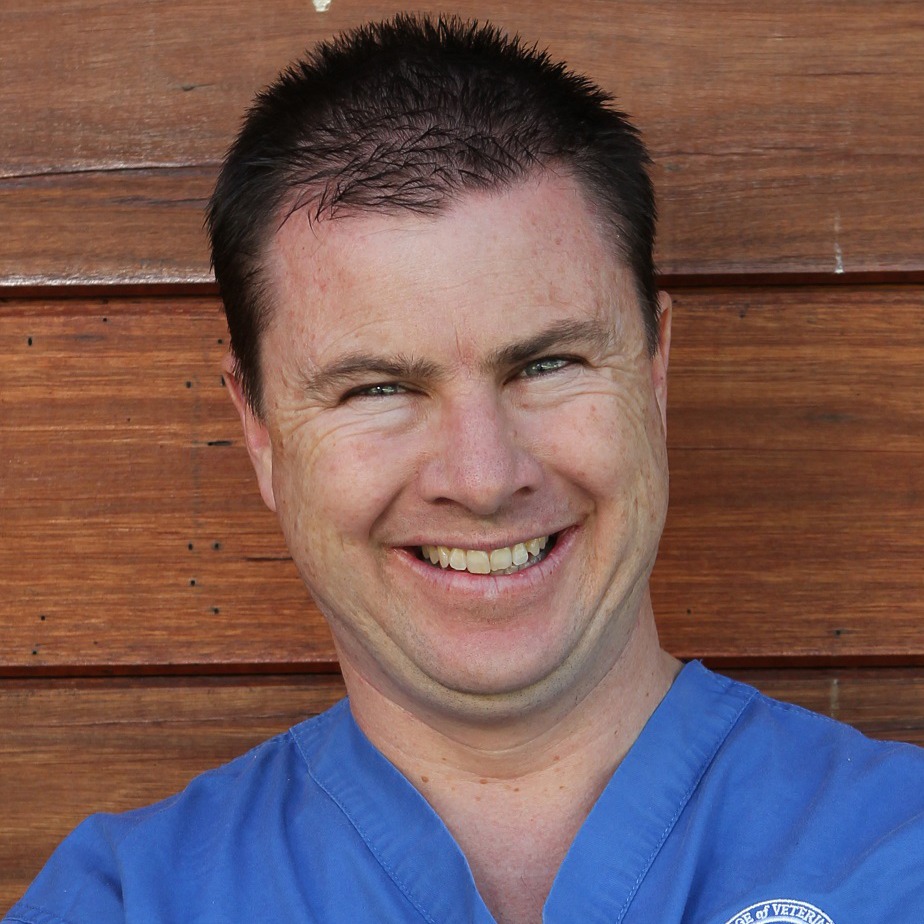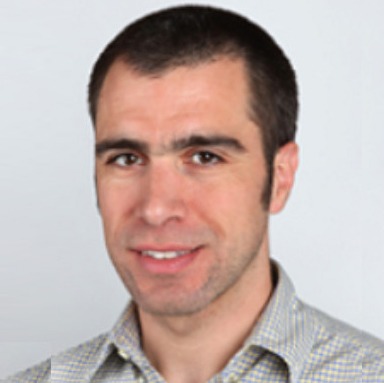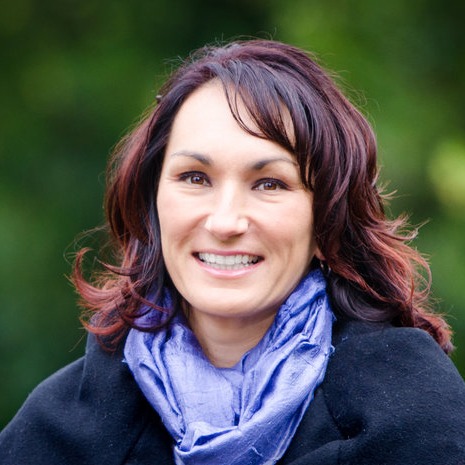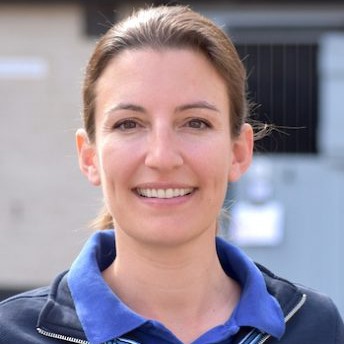Scintigraphy in Racehorses - Indications, Usefulness & Limitations
Species
Equine
Contact Hours
3 Hours
Early Booking Deadline
Thu, 01 January, 1970
Registration Deadline
Thu, 01 January, 1970
Language
English
Discipline
Diagnostic Imaging
Orthopaedics
Sports Medicine
Toxicology & Pharmacology
Industry Partners
Global

Veterinary Partners
Global


Recorded on: 14th February 2023
Panelists:
Chris O’Sullivan BVSc, DVCS, MS, MACVSc, DACVS - Randwick Equine Center, Australia
Vanessa Peter DECVDI, MRCVS - Rossdales Equine Diagnostic Centre, UK
Mathieu Spriet MS, DVM, DACVR, DECVDI - UC Davis, USA
Moderator:
Sarah Puchalski BSc, DVM, DACVR – Puchalski Equine Imaging, Canada
CONTENT DESCRIPTION
Join our multidisciplinary panel of internationally renowned specialists as they discuss the use of nuclear scintigraphy for musculoskeletal disorders, with an emphasis on the thoroughbred racehorse. Primary indication for the use of nuclear scintigraphy, common diagnoses, pitfalls and expectations from the results will be amongst the key points the panelists will discuss. In addition, information regarding positron emission tomography (PET) scanning will be presented. This exchange will be highly interactive with attendees able to contribute and ask questions.
Chris graduated from the University of Sydney and stayed on completing an internship at Camden. He joined the Randwick Equine Centre in 1997 and in mid 2000 left to further his training in surgery undertaking a residency at The Ohio State University in the USA. Chris obtained specialist status in the USA returning to Randwick Equine Centre in 2003, becoming a partner in 2008.
Chris has multiple first author publications and a text book chapter. Chris services Sydney racetracks and is predominately based in the hospital at Randwick. He also travels as a consultant to NSW Southern Highlands and South Coast.
Mathieu is an Associate Professor of Diagnostic Imaging at the School of Veterinary Medicine at the University of California, Davis, where he has been a faculty member since 2007. He earned his DVM degree from the National Veterinary School of Lyon in France in 2002 and a Master's degree from the University of Montreal in Canada in 2004.
After completing his radiology residency at the University of Pennsylvania, Mathieu became a diplomate of both the American College of Veterinary Radiology and the European College of Veterinary Diagnostic Imaging in 2007.
Mathieu's research focuses on musculoskeletal imaging in horses, with over 50 publications in peer-reviewed journals. He has been a pioneer in the use of positron emission tomography (PET) in horses, contributing to the development of both research and clinical applications.
Sarah Puchalski is a native of Roberts Creek, British Columbia, Canada, and grew up riding horses in the BC countryside, competing actively in 3-day eventing. She obtained a B.S. in Biology from Simon Fraser University in Burnaby, BC and went to veterinary school in Saskatoon, Saskatchewan, where she graduated with distinction in 1999. From Saskatoon, she moved to Pennsylvania as an intern/resident in field service sports medicine at the University of Pennsylvania’s New Bolton Center from 1999-2001. From New Bolton Center, Dr. Puchalski entered a four-year residency in diagnostic imaging at the University of California, Davis. She obtained board certification in the American College of Veterinary Radiology in 2004, passing the grueling examination on her first attempt.
In 2005, Dr. Puchalski joined the faculty in diagnostic imaging in the Department of Surgical and Radiological Sciences, UC Davis School of Veterinary Medicine, as an Assistant Professor. During this time, she divided her focus between didactic and clinical teaching, research, service to the school and clinical radiology. In the classroom, she led the general large animal radiology course and was a co-instructor in the equine lameness and radiology course. Her research interests predominantly surround the use of novel imaging techniques for the diagnosis of lameness conditions in equine athletes. As she has gained experience in this field, she has developed an international reputation for her expertise. Dr. Puchalski was awarded tenure at the University in 2012 and promoted to Associate Professor, and has authored scientific, educational and lay articles as well as contributed to numerous textbooks.
Dr. Puchalski left the University in late 2013 to open her own practice as a diagnostic imaging consultant. In the winter months she is based in Wellington, Florida at Palm Beach Equine Clinic and during the remainder of the year in Petaluma, California at Circle Oak Equine. As a show jumper, competing actively in Wellington, Florida at the Winter Equestrian Festival and in Northern California, she understands the challenges of equine ownership and what may be needed to keep these athletes sound.
Vanessa is Head of Diagnostic Imaging at Rossdales Equine Diagnostic Centre. She rejoined the practice in June 2019 after spending the previous ten months as Senior Lecturer and Clinician responsible for the Large Animal Diagnostic Service at the Veterinary Faculty of the University of Bern, Switzerland. She became a Clinical Director in 2021.
Vanessa graduated in 2011 from the University of Bern and subsequently undertook internships at Rossdales and at a large equine hospital in Florida, USA before returning to Rossdales as an orthopaedic assistant in 2013. She has a keen interest in all diagnostic imaging modalities and is passionate about their use in the diagnosis of musculoskeletal disorders in particular.
Vanessa successfully completed a residency in Veterinary Diagnostic Imaging with the European College (ECVDI) under the guidance of veterinary specialists at Rossdales Equine Diagnostic Centre and Dick White Specialist Referrals. She became a Diplomate of ECVDI in February 2020 and was awarded RCVS recognised specialist status in March 2020.
Veterinary Student
Online Panel Discussion
USD 35.00
Qualified Vet
Online Panel Discussion
USD 85.00
Intern/Resident (Requires proof of status)
Online Panel Discussion
USD 65.00
Vet Nurse/Vet Tech (Requires proof of status)
Online Panel Discussion
USD 65.00
If the options you are looking for are unavailable, please contact us.
No tax will be added unless you are a UK taxpayer
Choose currency at checkout


















